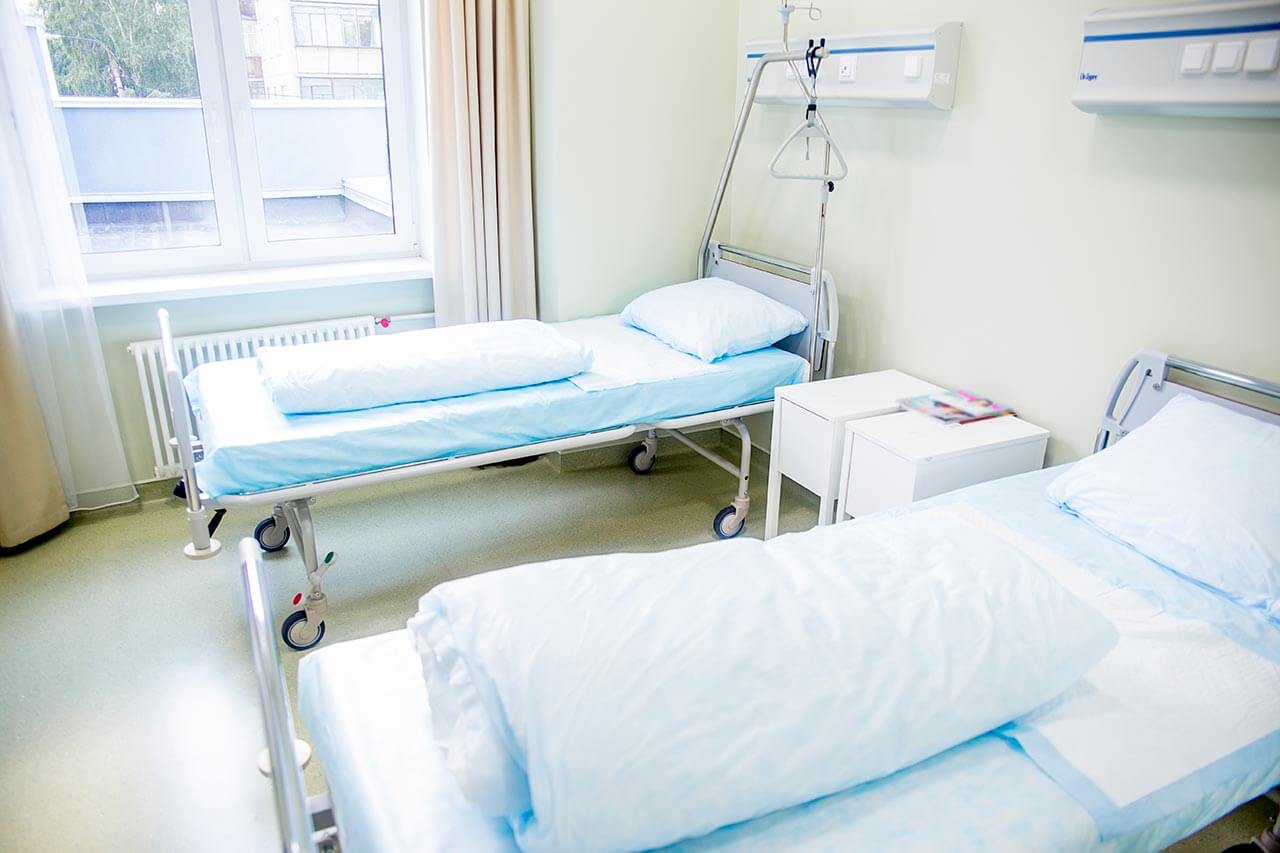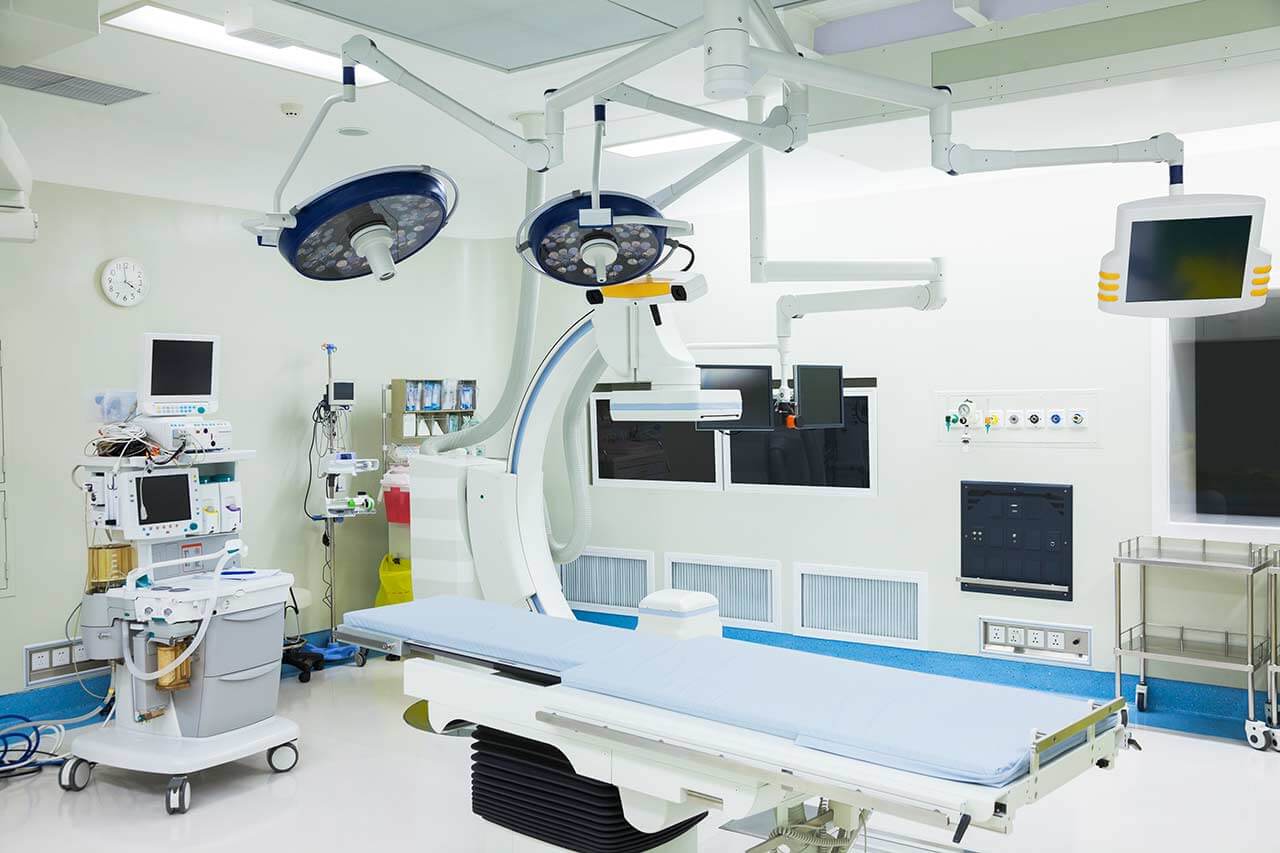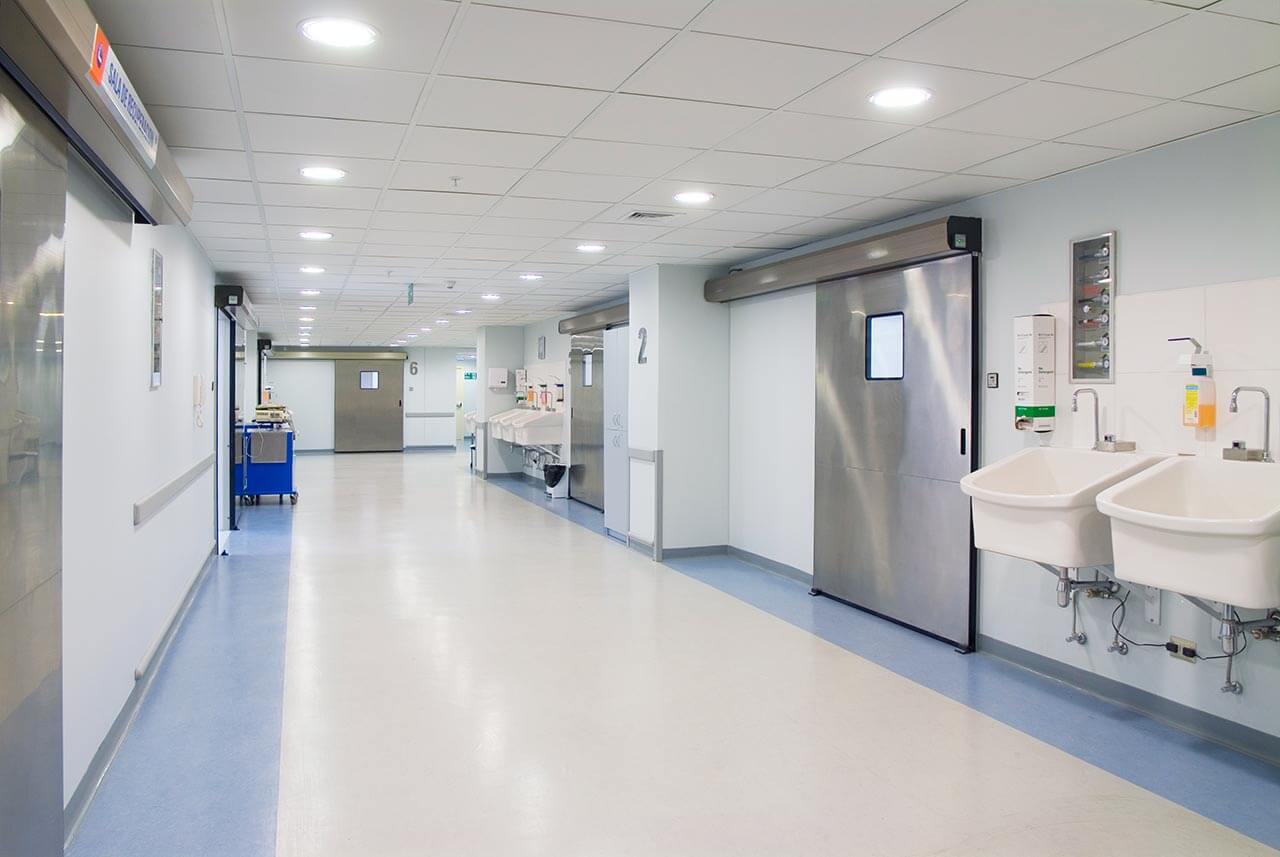
About the Department of Pediatric Surgery at University Hospital Oldenburg
The Department of Pediatric Surgery at the University Hospital Oldenburg provides modern surgical treatment for a wide range of diseases in children and adolescents. The team of pediatric surgeons works in close cooperation with physicians from the Departments of Pediatric Oncology and Hematology, Gastroenterology, Pulmonology, Cardiology, and General Pediatrics, which allows for comprehensive and most effective treatment. The department admits children of all ages, from premature babies weighing 500 grams, to infants and adolescents. Young patients are operated on in modern operating rooms equipped with the necessary medical equipment. Many surgical procedures are performed on an outpatient basis without mandatory hospitalization. The pediatric surgeons of the department have a perfect command of minimally invasive, microsurgical, and endoscopic techniques and practice them successfully in their daily work. The medical facility first opened its doors to young patients in May 1998. Over more than 25 years of work, the children's hospital has earned an excellent reputation in Germany and far beyond its borders. The department has been awarded the prestigious certificate Ausgezeichnet. FÜR KINDER. The Head Physician of the department is Dr. med. Martin Mostler.
One of the most important areas of daily activity of the department's specialists is the performance of operations to remove benign and malignant skin tumors. Surgeons mostly perform surgical procedures to remove benign skin neoplasms such as fibromas, lipomas, hemangiomas, adenomas, neurofibromas, nevi, papillomas, dermoid cysts, and others. Surgery is performed using minimally invasive surgical techniques. When clinically indicated, a benign neoplasm may be removed using innovative laser devices or cryodestruction.
The department successfully operates on newborns with congenital defects of the abdominal wall such as gastroschisis and omphalocele. Gastroschisis is a congenital anomaly in which abdominal organs protrude through a defect in the anterior abdominal wall; in most cases, loops of the small and large intestine and stomach fall out. Provided that qualified medical care is provided in time, gastroschisis does not pose a threat to the child's life. The pathology can be easily corrected by surgical techniques.
The department's pediatric surgeons also perform operations for omphalocele, a congenital malformation in which intestinal loops, the liver, and other internal organs protrude from the abdominal cavity into a hernial sac. In many cases, omphalocele is combined with chromosomal abnormalities. Omphalocele is classified according to the size of the defect in the anterior abdominal wall: it can be small, medium, or large. The specialists of the department choose the method of treating the congenital anomaly depending on the size of the hernial protrusion, the presence or absence of concomitant malformations, and the general condition of the child. In the case of small and medium-sized omphaloceles, the surgeons of the department eliminate the protrusion of the abdominal wall organs and perform plastic surgery of the anterior abdominal wall using autologous tissues or special meshes made of synthetic materials. Several surgical procedures are required to remove large omphaloceles.
The main activity of the pediatric surgeons of the department is to perform operations for the resection of solid malignant tumors of various localizations. Children with liver, kidney, adrenal, and spinal cord tumors, as well as lymphomas, are most often operated on by the department's physicians. Their expertise also includes the surgical removal of lung and liver metastases. Each clinical case is discussed in an interdisciplinary tumor board with oncologists and other experts in related disciplines, and an individualized treatment regimen is developed. In the treatment of pediatric oncological diseases, the physicians of the department follow the recommendations of the German Society for Pediatric Oncology and Hematology (GPOH).
The department's range of surgical services includes the following options:
- Surgery for congenital malformations of the head and neck: lateral and medial cysts and neck fistulas
- Surgery for benign and malignant skin tumors, including laser excision and cryodestruction: fibromas, lipomas, hemangiomas, adenomas, neurofibromas, nevi, papillomas, dermoid cysts, and melanoma
- Surgery for congenital defects of the abdominal wall: gastroschisis and omphalocele
- Surgery for congenital malformations of the lungs and inflammatory and malignant diseases of the lungs
- Surgery for pectus excavatum and pectus carinatum
- Surgery for gastrointestinal diseases: esophageal atresia, anal atresia, pyloric hypertrophy, and Hirschsprung's disease
- Surgery for appendicitis
- Surgery for gastroesophageal reflux disease
- Surgery for cholecystitis
- Surgery for urolithiasis
- Surgery for kidney and bladder malformations
- Surgery for hypospadias, undescended testicles, and phimosis
- Surgery for congenital and acquired testicular and ovarian diseases in boys and girls
- Surgery for solid malignant tumors: liver cancer, kidney cancer, adrenal gland cancer, spinal cord cancer, lymphomas, and liver and lung metastases
- Surgery for inguinal and umbilical hernias
- Surgery for traumatic injuries of the abdominal organs
- Surgery for other diseases and developmental defects in children and adolescents
Photo of the doctor: (c) Klinikum Oldenburg AöR




